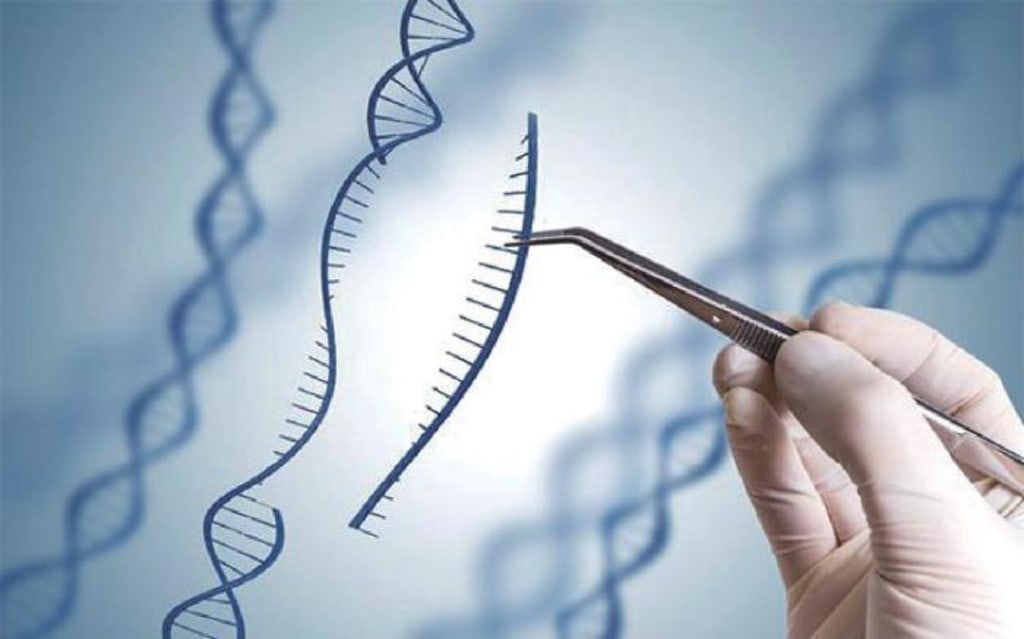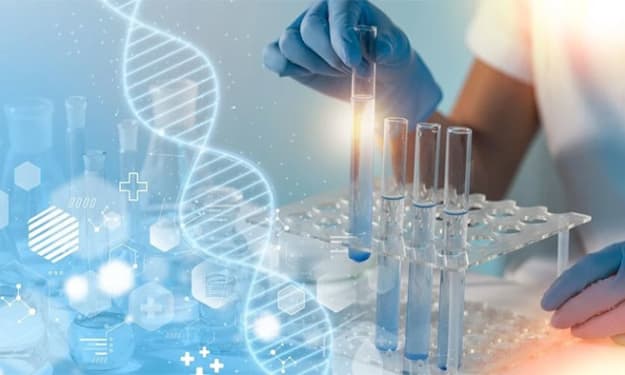Is human lifespan determined at birth? Study shows: Basic lifespan depends on genetics
Study shows: Basic lifespan depends on genetics

The topic of lifespan has been a topic of common concern since ancient times. Although the average lifespan of human beings has been extended to a certain extent with the continuous progress of medical care, in natural conditions, the length of lifespan of different people is actually different. There is still a big difference. It is for this reason that in order to completely uncover the hidden secrets of human lifespan, scientists are also working hard to study.
Just some time ago, foreign scientists seemed to have finally found the key to uncovering the secret, and published the relevant research in the American scientific authoritative journal Proceedings of the National Academy of Sciences. In this issue, let's talk about what scientists have discovered? What factors determine the length of human lifespan?
Here, we must make it clear that in nature, humans are not a special existence. Like most animals, humans are a type of mammals. To be more specific, humans are actually one of the mammals. , a type of vertebrate. Even though we have evolved wisdom far beyond that of other vertebrates after millions of years, what we cannot deny is that in our bones, we humans and those animals such as cattle and sheep actually have many similar.
It is for this reason that scientists will use animals to conduct experiments, hoping to get some "answers" related to humans. And the foreign scientists mentioned at the beginning of our video finally discovered the secret of human lifespan through 20 years of research on wild sheep.
According to the research of scientists, what really determines the length of human lifespan is actually human genes. We all know that human genetic genes are "burned" into chromosomes. According to the research of scientists, each person and even each vertebrate have different lengths of chromosome terminals, which determine the length of biological lifespan. , which is the length of the chromosome terminal.
Scientists can judge the death risk of an organism based on the length of the chromosome terminal. The longer the chromosome terminal is, the healthier and longer the organism is, and the shorter the chromosome terminal is, the less healthy the organism and the shorter the lifespan. This is what scientists discovered through 20 years of research on wild sheep.
The reason for such a result is actually not as complicated as we imagined. It is mainly because there is a "substance" called telomeres at the end of chromosomes. Every time a human cell divides, telomeres will Then a part of it is shortened, and when the telomeres can no longer be shortened, human life will come to an end. Therefore, the longer the terminal of the chromosome, the longer the telomere, the longer the telomere, the more the number of divisions of human cells, and the longer the human lives.
It seems that such research results have little to do with us ordinary people. After all, although everyone has genes, they are invisible and intangible. But the fact is just the opposite. The research results that seem to have little to do with us ordinary people are in fact closely related to us, because it reflects the conclusion that a person's basic life expectancy is determined by genetics Deterministic, in other words, the lifespan of a person has been determined as early as the time of birth.
Even if the later living environment is better or worse, as long as the length of chromosomes is relatively stable, the length of human lifespan will not be greatly affected.
Of course, such research results can also well explain such an interesting phenomenon, that is, the emergence of longevity villages and longevity families. In these villages and families, although there are many long-lived people, there are still some people who are not long-lived. The fundamental reason for this phenomenon is the random inheritance of genetic genes. Some people inherit the "longevity gene". The lifespan will naturally be longer, but those who do not inherit the "longevity gene" will have a relatively short lifespan.
Looking at it this way, if outsiders want to go to longevity villages and longevity families to find the so-called secrets of longevity, they will only get some health advice about healthy eating and regular work and rest, although such advice is really helpful. For our physical health, but it simply cannot sing our lifespan. After all, it is actually our genes that determine how long we live.
But then again, a person's aging is actually determined by various cells in the body. After all, cells have their own life cycle, but in the human body, there is also a terrible "immortal cell", which is Cancer cells, although they pose a huge threat to human health, can divide and proliferate indefinitely.
So is there such a possibility that once we completely crack the secret of the "immortality" of cancer cells, does it mean that we humans are one step closer to immortality?
About the Creator
sayre laylah
Tired of monotonous climbing moves, but every step is close to the top
Enjoyed the story? Support the Creator.
Subscribe for free to receive all their stories in your feed. You could also pledge your support or give them a one-off tip, letting them know you appreciate their work.






Comments
There are no comments for this story
Be the first to respond and start the conversation.